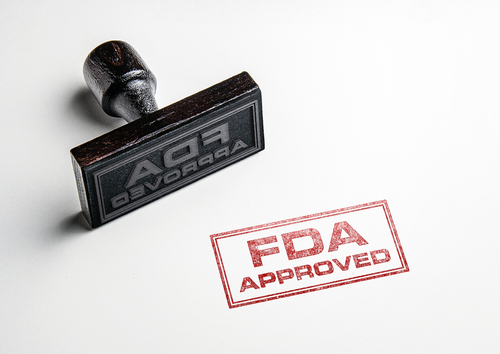
A recent study published in Arthritis Care & Research assessed the long-term efficacy and safety of baricitinib in patients with active rheumatoid arthritis (RA) whose initial treatment was baricitinib monotherapy or who switched from methotrexate or the combination of baricitinib plus methotrexate to baricitinib monotherapy.
The study, RA-BEYOND, was a follow-up to a 2017 study, RA-BEGIN. RA-BEGIN randomized 588 patients 4:3:4 to receive methotrexate alone once a week, baricitinib alone 4 mg/day, or barcitinib and methotrexate for 52 weeks. The study’s primary outcome was the proportion of patients meeting the American College of Rheumatology 20% improvement criteria (ACR20 response rate) at 24 weeks, comparing baricitinib monotherapy to methotrexate monotherapy.
Efficacy & safety long‐term Bari with & without MTX for the Rx RA: baricitinib monoRx continuation or after switching from MTX monotherapy or Bari plus MTX – Arthritis Care & Research – adding MTX a serious option if mono doesnt quite do the job #baricitinib #jakinhibitors #RA
— Peter Nash (@drpnash) June 30, 2019
In RA-BEGIN, a higher proportion of baricitinib monotherapy patients achieved 24-week ACR20 response rate than methotrexate monotherapy patients (77% vs. 62%); the combination group also had better outcomes compared to methotrexate alone. “Compared to [methotrexate] monotherapy, improvements in disease activity with both baricitinib monotherapy and combination therapy were observed as early as 1 week. These results may be important for patients with a contraindication to or intolerance of [methotrexate] treatment,” the study authors concluded.
Just accepted in AC&R:
Efficacy and safety of long‐term baricitinib with and without MTX for the treatment of rheumatoid arthritis: experience with baricitinib monotherapy continuation or after switching from MTX monotherapy or baricitinib plus MTXhttps://t.co/SQTG2g9cuh pic.twitter.com/r50KvTnZZ8
— ACR_Journals (@ACR_Journals) June 27, 2019
Beyond RA-BEGIN
The present study included patients from RA-BEGIN who were not rescued in the first study. At week 52 of RA-BEGIN, patients entering the extension were treated with baricitinib 4 mg/day monotherapy and could receive methotrexate if deemed appropriate.
HBV reactivation with Baricitinib (likely all JAKi)#EULAR2019 pic.twitter.com/ADm4HIuZvQ
— Dr Irwin Lim (@_connectedcare) June 14, 2019
RA-BEYOND included 423 patients, of whom 53% added methotrexate to their treatment, while 47% continued baricitinib monotherapy.
“Patients with lower disease activity at RA‐BEYOND baseline generally continued to do well with baricitinib monotherapy as assessed by Simplified Disease Activity Index, Clinical Disease Activity Index, and Health Assessment Questionnaire‐Disability Index scores,” the researchers observed. “Patients prescribed [methotrexate] had higher disease activity at RA‐BEYOND baseline and had improved disease activity after the addition of [methotrexate].” There were no significant differences in safety outcomes, they noted.
JAK-Inhibitors: 💊
👉🏻 Several "small molecules" are either approved in many countries (Tofacitinib, baricitinib) or are in clinical development (upadacitinib, filgotinib, peficitinib). #EULAR2019 pic.twitter.com/gzW1jDvLmE— Juan Ovalles MD, PhD (@DrJuanOvalles) June 14, 2019
The study authors concluded by saying that most active RA patients achieved sustained or improved disease control through continued baricitinib monotherapy or with the addition of methotrexate, noting that among patients who initially demonstrated poorer disease control, add-on methotrexate was helpful.
Sources: Arthritis Care & Research, Arthritis & Rheumatology







 © 2025 Mashup Media, LLC, a Formedics Property. All Rights Reserved.
© 2025 Mashup Media, LLC, a Formedics Property. All Rights Reserved.